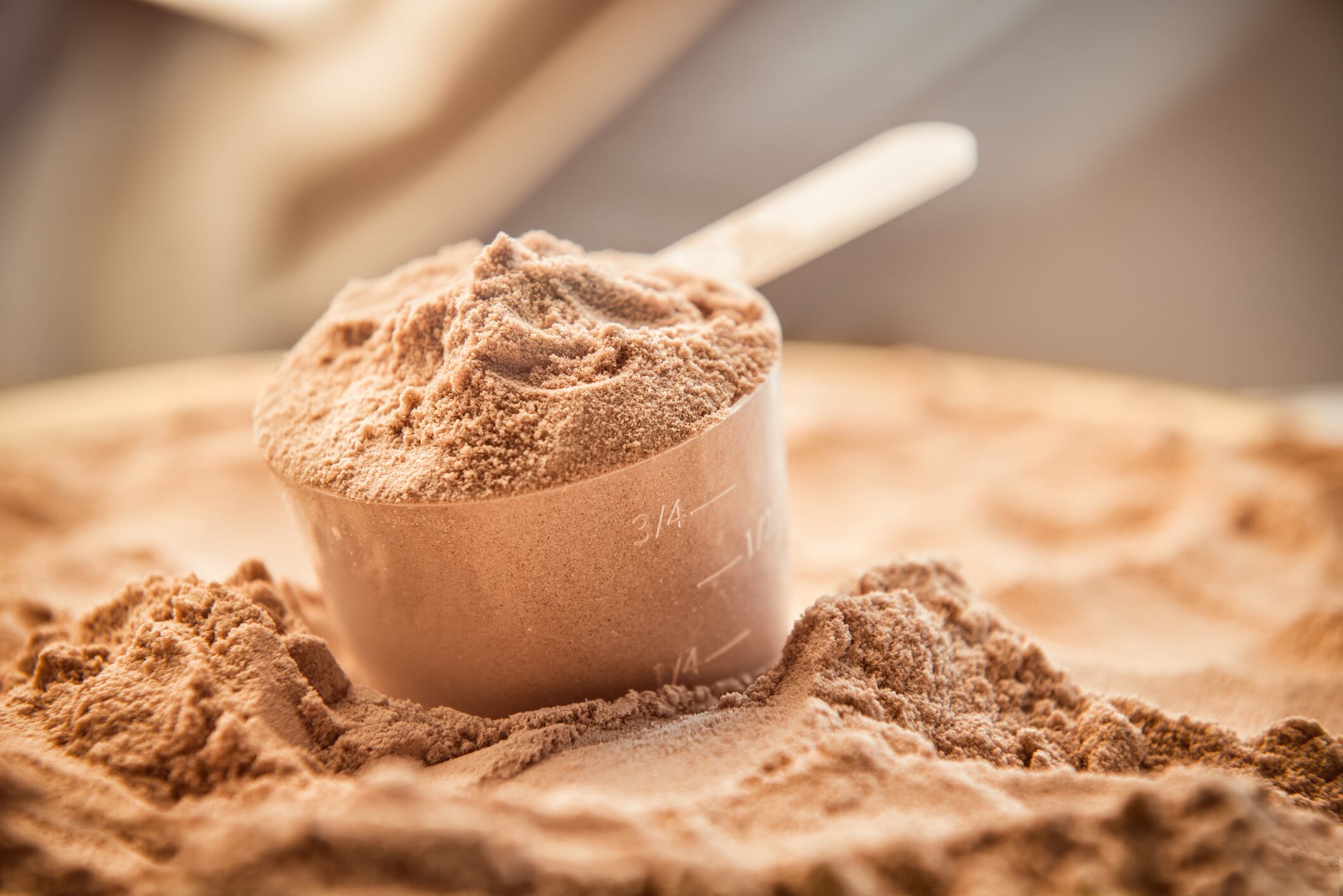LOW-HIIT (Low-volume high-intensity interval training) training has gained in popularity thanks to its low time demands. Researchers from Friedrich-Alexander University Erlangen-Nürnberg, Germany, therefore believe it important to look into the benefits of this type of training.
It is generally accepted that those performing intense training, recreational sports or general fitness routines, may require higher protein intakes compared to the sedentary population. Yet, compared to longer-distance endurance training or resistance exercise, the potential of certain nutritional strategies and/or specific supplements to enhance the physiological adaptations in response to LOW-HIIT has been sparsely investigated.
The current double-blinded study therefore examined the impact of LOW-HIIT combined with protein supplementation on cardiometabolic health indices in sedentary healthy individuals with the hypothesis that the protein supplemented group would benefit from more favourable training adaptations.
This, to the researchers' knowledge, was the first double-blind randomised placebo-controlled study to investigate the effects of a targeted post-LOW-HIIT-session protein supplementation on longer-term adaptations of CRF and cardiometabolic outcomes in previously sedentary individuals.
The study
Forty-seven participants (31.1 ± 8.0 yrs) performed cycle ergometer LOW-HIIT (5–10x1 min at 80–95% maximum heart rate) for eight weeks and randomly received 40 g of whey protein (Fresubin Protein, N = 24) or an isocaloric placebo (maltodextrin, N = 23) after each session.
Researchers measured maximum oxygen uptake (VO2max, primary outcome) and several secondary cardiometabolic outcomes were determined pre-/post-intervention.
As expected, they concluded that eight weeks of LOW-HIIT improved VO2max and some cardiometabolic markers, including BP and liver enzymes, but contrary to their hypothesis, the post-session supplementation of 40 g whey protein did not promote more favourable training adaptations compared to the placebo ingestion.
Protein supplementation benefits
It has previously been documented that the consumption of a high-quality protein in doses of 20–40 g after a session of higher-volume endurance training may maximise muscle protein synthesis and support recovery processes.
The physiological adaptations occurring after endurance exercise include the formation of new capillaries, mitochondrial proteins and other proteins involved in oxygen transport (e.g., hemoglobin and myoglobin).
These adaptations play a critical role in the development of CRF (in addition to cardiac and pulmonary adaptations) and may translate into improved exercise performance over the longer term.
Source: Nutrients
https://doi.org/10.3390/nu14193883 (registering DOI)
"Protein Supplementation Does Not Maximize Adaptations to Low-Volume High-Intensity Interval Training in Sedentary, Healthy Adults: A Placebo-Controlled Double-Blind Randomized Study"
Reljic, D.; Zieseniss, N.; Herrmann, H.J.; Neurath, M.F.; Zopf, Y


